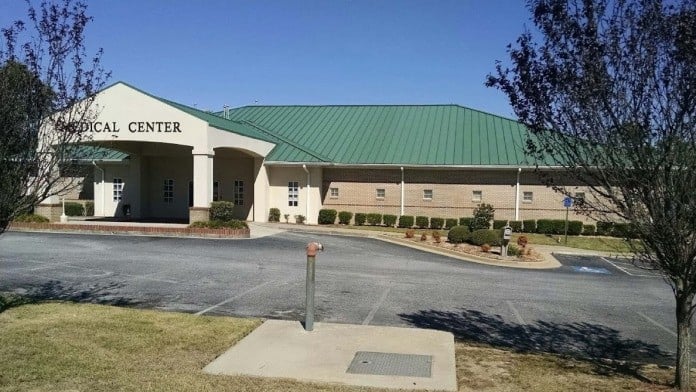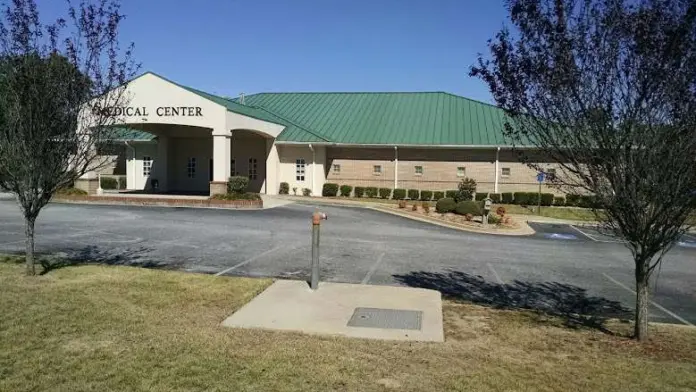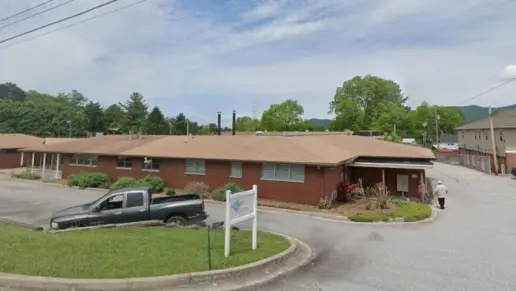I don't know where the person that waits for hours to get there methadone but I've never had to wait longer than 45 min. and that's because I went during the busiest time. I'm usually in and out in 15 minutes and if you stay clean you phase up . You might get phase 6, you do ...
About Augusta Metro Treatment Center
New Season – Augusta Metro Treatment Center is a drug and alcohol rehab that supports adults with substance use disorders. They also provide valuable community resources, such as referrals and mental healthcare.
Recovery services at New Season – Augusta Metro Treatment Center include mental health assessments, outpatient detox, counseling, outpatient programs, and medication-assisted treatment (MAT).
Mental Health Assessment and Counseling
Assessments help counselors to evaluate participants’ mental health for substance use disorder, the severity, and any co-occurring conditions. The information is used to create an individualized treatment plan, which may involve individual, group, and family counseling.
Outpatient Detox
Medically supervised withdrawal involves using FDA-approved medications to help patients to safely and comfortably detox from substances. The medication alleviates painful withdrawal symptoms allowing them to achieve sobriety without discomfort. Along with managing withdrawal symptoms, clients benefit from recovery education classes and peer support programs.
Intensive Outpatient Program (IOP)
Outpatient treatment is for individuals who need addiction treatment, but don’t need 24-hour care. Typically, participants attend treatment sessions one to three days per week, depending on the severity of their substance use disorder. The program includes individual and group counseling, skills development groups, and psychoeducation.
Medication-Assisted Treatment for Addiction (MAT)
MAT is appropriate for adults with alcohol and opioid use disorders. The MAT program is provided in an outpatient setting and involves an assessment, FDA-approved medication, and behavioral counseling individually and in groups.
Latest Reviews
Gallery


Location
Accepted Insurance

Other Forms of Payment
Private insurance refers to any kind of healthcare coverage that isn't from the state or federal government. This includes individual and family plans offered by an employer or purchased from the Insurance Marketplace. Every plan will have different requirements and out of pocket costs so be sure to get the full details before you start treatment.
Self-pay involves paying for treatment out of your own pocket. You can use savings or credit, get a personal loan, or receive help from family and friends to fund your treatment. If you don't have insurance or your insurance plan doesn't cover a specific program, self-pay can help ensure you still get the care you need.
Financial aid can take many forms. Centers may have grants or scholarships available to clients who meet eligibility requirements. Programs that receive SAMHSA grants may have financial aid available for those who need treatment as well. Grants and scholarships can help you pai for treatment without having to repay.
Medicaid is a state based program that helps lower-income individuals and families pay for healthcare. Medicaid covers addiction treatment so those enrolled can use their coverage to pay for rehab. When a program accepts Medicaid the client often pays very little or nothing out of their own pocket.
Medicare is a federal program that provides health insurance for those 65 and older. It also serves people under 65 with chronic and disabling health challenges. To use Medicare for addiction treatment you need to find a program that accepts Medicare and is in network with your plan. Out of pocket costs and preauthorization requirements vary, so always check with your provider.
Addiction Treatments
Levels of Care
Treatments
The goal of treatment for alcoholism is abstinence. Those with poor social support, poor motivation, or psychiatric disorders tend to relapse within a few years of treatment. For these people, success is measured by longer periods of abstinence, reduced use of alcohol, better health, and improved social functioning. Recovery and Maintenance are usually based on 12 step programs and AA meetings.
A quality drug rehab in Georgia can help you overcome addiction. This environment is designed to help you address the complex issues contributing to drug dependence. The goal of treatment is to give you the tools you need to make a full recovery.
Opioid rehabs specialize in supporting those recovering from opioid addiction. They treat those suffering from addiction to illegal opioids like heroin, as well as prescription drugs like oxycodone. These centers typically combine both physical as well as mental and emotional support to help stop addiction. Physical support often includes medical detox and subsequent medical support (including medication), and mental support includes in-depth therapy to address the underlying causes of addiction.
Substance rehabs focus on helping individuals recover from substance abuse, including alcohol and drug addiction (both illegal and prescription drugs). They often include the opportunity to engage in both individual as well as group therapy.
Programs





Clinical Services
Group therapy is any therapeutic work that happens in a group (not one-on-one). There are a number of different group therapy modalities, including support groups, experiential therapy, psycho-education, and more. Group therapy involves treatment as well as processing interaction between group members.
In individual therapy, a patient meets one-on-one with a trained psychologist or counselor. Therapy is a pivotal part of effective substance abuse treatment, as it often covers root causes of addiction, including challenges faced by the patient in their social, family, and work/school life.
Research clearly demonstrates that recovery is far more successful and sustainable when loved ones like family members participate in rehab and substance abuse treatment. Genetic factors may be at play when it comes to drug and alcohol addiction, as well as mental health issues. Family dynamics often play a critical role in addiction triggers, and if properly educated, family members can be a strong source of support when it comes to rehabilitation.
Amenities
-
Private Setting
Accreditations

The Commission on Accreditation of Rehabilitation Facilities (CARF) is a non-profit organization that specifically accredits rehab organizations. Founded in 1966, CARF's, mission is to help service providers like rehab facilities maintain high standards of care.
CARF Accreditation: Yes

The Substance Abuse and Mental Health Services Administration (SAMHSA) is a branch of the U.S. Department of Health and Human Services. Established in 1992 by congress, SAMHSA's mission is to reduce the impact of substance abuse and mental illness on American's communities.
SAMHSA Listed: Yes
Contact Information
2357 Tobacco Rd
Augusta, GA 30906










